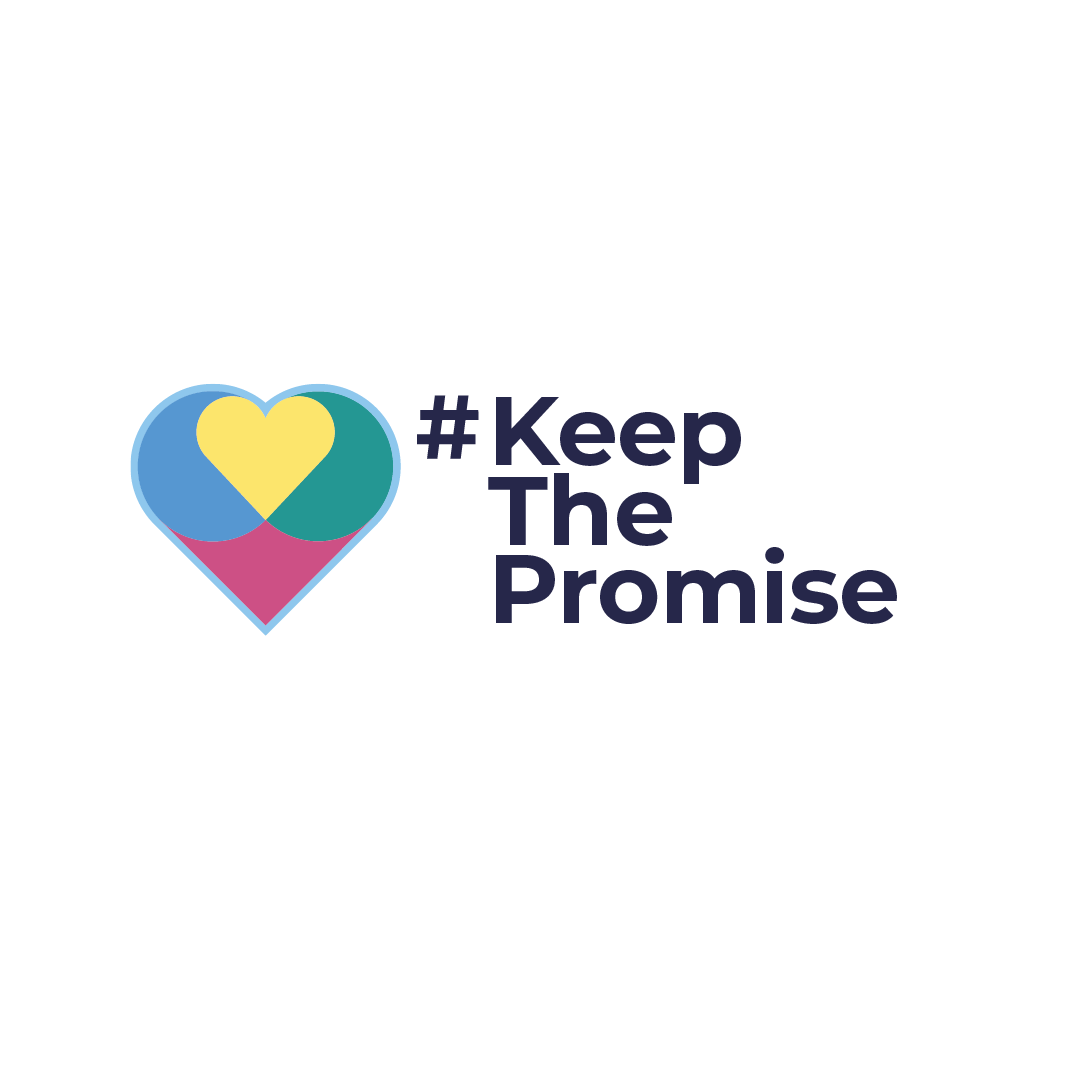Giving Children and Young People a Voice when Parents Separate – How Mediation can Help
By Rosanne Cubitt, Relationships Scotland, Head of Practice for Mediation

Over the last few decades there has been a noticeable shift within Scottish culture in the expectation that children and young people will contribute their opinions across a wide range of areas, in schools and in their communities, and be involved in the design and delivery of services. Since the early 1990s the UN Convention on the Rights of the Child has raised the bar by articulating that children who are capable of forming a view have a right to express those views freely in all matters affecting them, the views being given due weight in accordance with the age and maturity of the child. The law in Scotland supports these rights, and the 2018 Year of Young People in Scotland continued to raise awareness about giving children and young people a stronger voice on issues which affect their lives, with the aim being to challenge the status quo.
So where does the problem lie? The reality in practice is that children and young people are often not given adequate opportunities or help to be able to say freely what they are thinking and feeling. There are debates about capacity, considerations about age and maturity. At what point can it be presumed that a child or young person can understand future consequences, and does this depend on the decision being made? How much weight should be given to views that are expressed? Parents have responsibilities for children up to a certain age and are still the decision makers in many cases. How do you balance children’s rights and parents responsibilities and rights? Who is best to hear children’s views – their parents, health or education professionals or specialist children’s workers? What is the best process?
One important but difficult time for children and young people to be able to have a voice is when relationships in families break down. Parents caught up in the turmoil of divorce or separation can often find it difficult to talk with their children and to listen to what they have to say about changes in the family. Children and young people might not understand what is happening or be able to say what they think and feel without worrying about upsetting one or other parent and making a fraught situation worse. They are often caught in loyalty binds between parents.
Most parents want to minimise any negative impact on their children of living apart and will try to do their best to make decisions with their children’s needs at the centre. Some parents look for additional professional help and may turn to a solicitor for advice. In order to negotiate arrangements for where children will live and when they will spend time with each parent, and other parenting issues, many parents find that meeting with a third party, a mediator, can really help. The mediator ‘helps them to have a conversation’ in a safe and future focussed way that emphasises the importance of what their children need. Children’s views in the context of separation or divorce, in general, can be fed in to this process and parents are encouraged to think about each of their children – what might they be thinking or feeling about any decisions that their parents are discussing?
But is this enough? Do parents who are splitting up have the capacity to hear their children clearly? Are children and young people really able to tell their parents what they need at this difficult time?
Relationships Scotland’s family mediation service offers families the opportunity for children and young people to meet directly with a specially trained Child Consultant Mediator, to express their views on what their parents are discussing in mediation and for these views to be shared with parents to support their decision making process. Children and young people are given a voice directly.
The Child Consultant Mediator first discusses with both parents the option of meeting with the child or young person, explains about confidentiality, confirms the focus for the conversation and agrees whether it is appropriate to go ahead. The child or young person is invited to meet with the Child Consultant Mediator in a child friendly setting to share their experiences, talk about their concerns and think about what they want their parents to consider when making arrangements. They are able to express their views through talking, writing, drawing and other activities. Feedback from the meeting with the child is shared with both parents at a separate session.
For children and young people to be involved in this process, they are typically 8 years or older and their parents would need to be in mediation. The child participates voluntarily and agrees what messages, if any, they would like to be shared with their parents. It is made very clear to all involved that parents remain the decision makers and children are not being asked to choose between parents. The process helps children to tell their story freely and it helps parents to hear that story and consider their child’s needs clearly. It brings an enhanced child focus to the mediation.
If mediation is not appropriate or the best option for parents and they are unable to resolve their differences through solicitor negotiations either, they may find that their dispute ends up in court. There is provision within the Children (Scotland) Act 1995 for judges and sheriffs, taking account of age and maturity, to give children an opportunity to express their views if they so wish, and to have regard to such views. It is presumed that children 12 years or more are of sufficient age and maturity to form a view. Children’s views can be ascertained through a number of routes – children can complete a form (the F9 form), the court might order a child welfare report to be prepared, children can be represented by their own solicitor or the sheriff might ask to speak directly to children. All of these options have the potential for giving children a voice but concerns have been raised about their appropriateness, flexibility and effectiveness.
The current Scottish Government Review of Part 1 of the Children (Scotland) Act 1995 and the creation of the Family Justice Modernisation Strategy are an opportunity to re-visit the ways in which children’s views are heard in civil disputes and to embed a more effective process for hearing from children and young people. An innovative solution may be an expansion of the work of Child Consultant Mediators to include children whose parents are not in mediation and for their story to be heard and fed into to solicitor negotiations and the court process.
The Scottish Parliament Justice Committee’s recently published report on Alternative Dispute Resolution in Scotland1 concludes that mandatory information meetings should be piloted to ensure a step change in the uptake of alternatives to court in Scotland. We are calling on the Scottish Government to make consideration of mediation the norm for all family disputes, particularly those involving children and parenting issues. This would help all parents to consider the potential benefits of a creative, child focussed process for resolving disputes that has the potential to give children and young people a clear voice in the decisions that are being made that affect them. This would be an important step towards ensuring we listen to our children and young people effectively when their parent separate.
Rosanne Cubitt, Head of Practice for Mediation, Relationships Scotland www.relationships-scotland.org.uk
References:
1I WON’T SEE YOU IN COURT: ALTERNATIVE DISPUTE RESOLUTION IN SCOTLAND https://digitalpublications.parliament.scot/Committees/Report/J/2018/10/1/I-won-t-see-you-in-court–alternative-dispute-resolution-in-Scotland#Introduction





